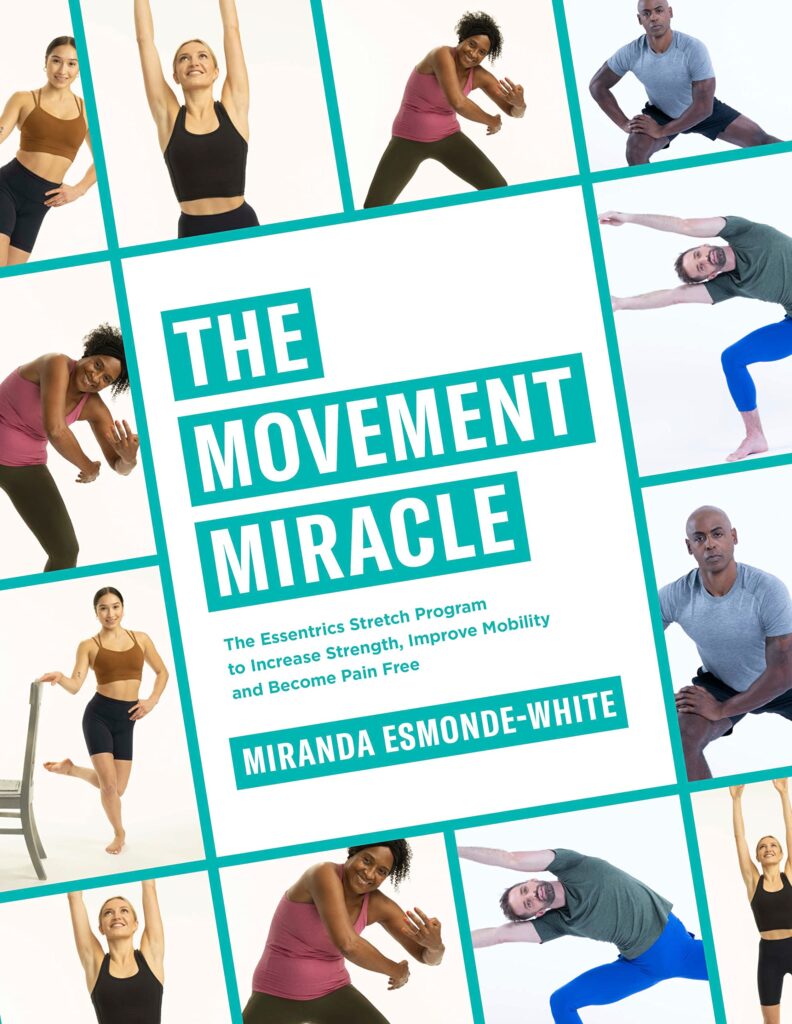Body, Mind & Spirit: Physical and Mental Workouts; Plus, How to Overcome Loneliness With “Social Prescriptions”

Photo: adamkaz/Getty Images
From a gentle yet effective exercise routine to the cognitive benefits of “orienteering” and social prescriptions, we bring you advice for cultivating a healthy body, mind and spirit.
Easy Does It
In her latest book, The Movement Miracle, Miranda Esmonde-White promotes, in equal measure, stretching and strengthening to help take us back to the point, when, she tells me, “we never second-guessed the state of our body in terms of what we can and can’t do.”
We don’t need to feel the burn to achieve that end. Rather, says the Montreal-based fitness trainer, who turned 74 in May, a regimen of slow- to medium-paced movements done 25 minutes a day is enough to “rebalance” muscles and joints, and enhance functional mobility — which, she points out, we need for everything from reaching into high and low cupboards to putting on our shoes.

A classically trained ballerina (and National Ballet of Canada alum), Esmonde-White has spent her second act hosting her long-running PBS fitness show, Classical Stretch, authoring books on healthy aging and “developing and perfecting” her gentle fitness routine. It emphasizes slow, controlled movements (think tai chi) and incorporates eccentric training, which focuses on lengthening activated muscles (think lowering a weight versus lifting it) and has been shown more effective at building muscle.
It can also help you improve head, neck and back alignment, as well as feet positioning — a key “for older adults to avoid poor posture,” she explains. Try this exercise: Raise your arms above your head, keeping them beside your ears. Relax your shoulders and lift your arms higher. Hold for four seconds.
—Tara Losinski
Map Quest
I always thought orienteering was the sport of Swedes. Get out a compass and map and run through the woods like an Amazing Race contestant. Turns out, it’s thriving in Canada too, and may be a boost to brain health.
A small, self-reported study from Hamilton’s McMaster University that included 158 adults aged 18 to 87 suggests orienteering could help prevent cognitive decline related to dementia, and exercising navigational ability may be the reason why. We build spatial memory when we are young — how to find mom, the door, the street, the school. But as we age, “we likely do not rely on this brain region as much,” says kinesiology graduate student Emma Waddington, the study’s lead author. “Moreover, many older adults have smaller social circles, and outings are reduced.”
“We are truly a sport for life,” says Charlotte MacNaughton of Canmore, Alta., spokesperson for Orienteering Canada, which has 10,000 members. “We have little kids involved all the way to folks in the 90s,” including a 90-plus age category at the championships. “We actually do get many folks in their 50s and 60s,” she says. “Yes, you can run … but walking is A-okay too!”
“If orienteering itself is not your cup of tea,” says Waddington, you can “incorporate orienteering into your daily life” by turning off the GPS and using a map or challenging yourself by walking a new route.
—Susan Grimbly
Social Rx
Don’t be surprised if you get a prescription from your doctor that isn’t filled at the pharmacy.
Family physicians are now treating patients, especially older ones who might be lonely, with “social prescribing.” There’s even a Canadian Institute for Social Prescribing that aims to address the impact of social determinants like ageism, loneliness and social isolation on health.
“You can feel alone if you sense that there is no one who supports you or cares about you,” explains Harry Taylor, an assistant professor of social work at the University of Toronto who studies the impacts of social isolation. The social benefits of volunteering, for example, are strongest among those aged 40 and older, according to a 2016 study published in the British Medical Journal.
Even going for a walk or a coffee with a good friend can boost happiness — and health. As the director of an 85-year Harvard University study on happiness recently concluded, “positive relationships keep us happier, healthier and help us live longer.” And why do family doctors care about that? “Loneliness is related to almost every health outcome you can think of,” explains Taylor. “It’s associated with worse cognition and greater functional decline.” Among older adults, it’s associated with increased risk for cardiovascular disease and premature death. That’s why “social fitness” is something to strive for, just like physical fitness.
—Judy Gerstel
A version this article appeared in the April/May 2023 issue with the headline ‘Body, Mind & Spirit’, p. 30.
RELATED:
Body, Mind & Spirit: Easy Wellness Advice for Health and Happiness
Life Inspired: 5 Reads for Your Body, Mind and Spirit Journey